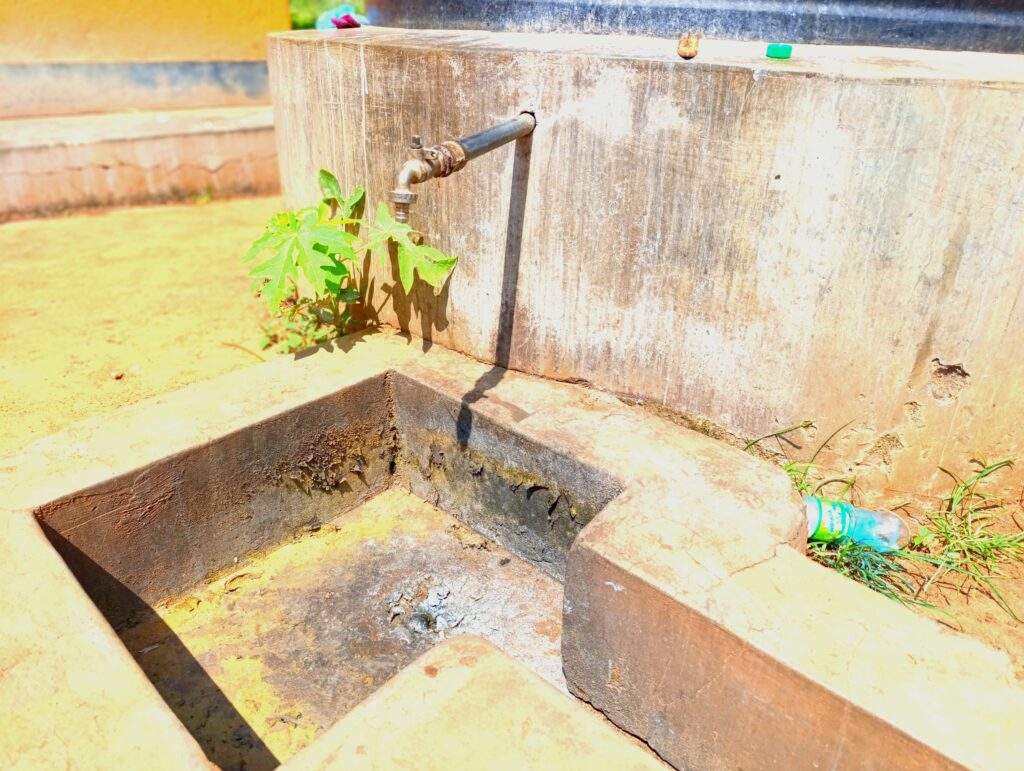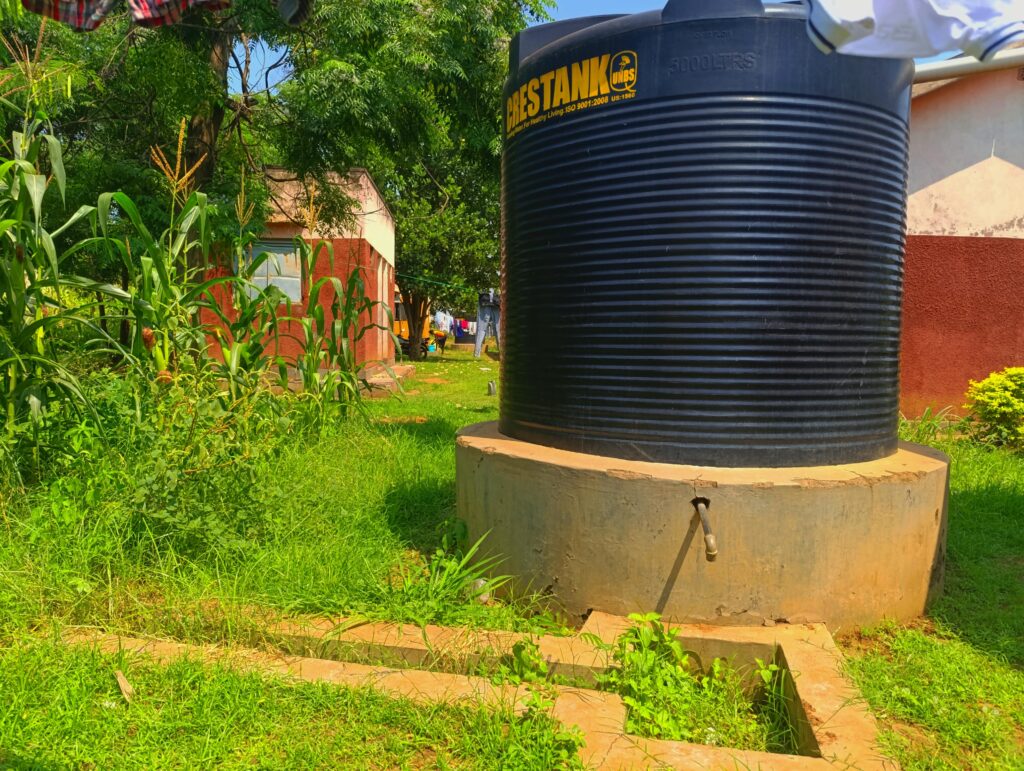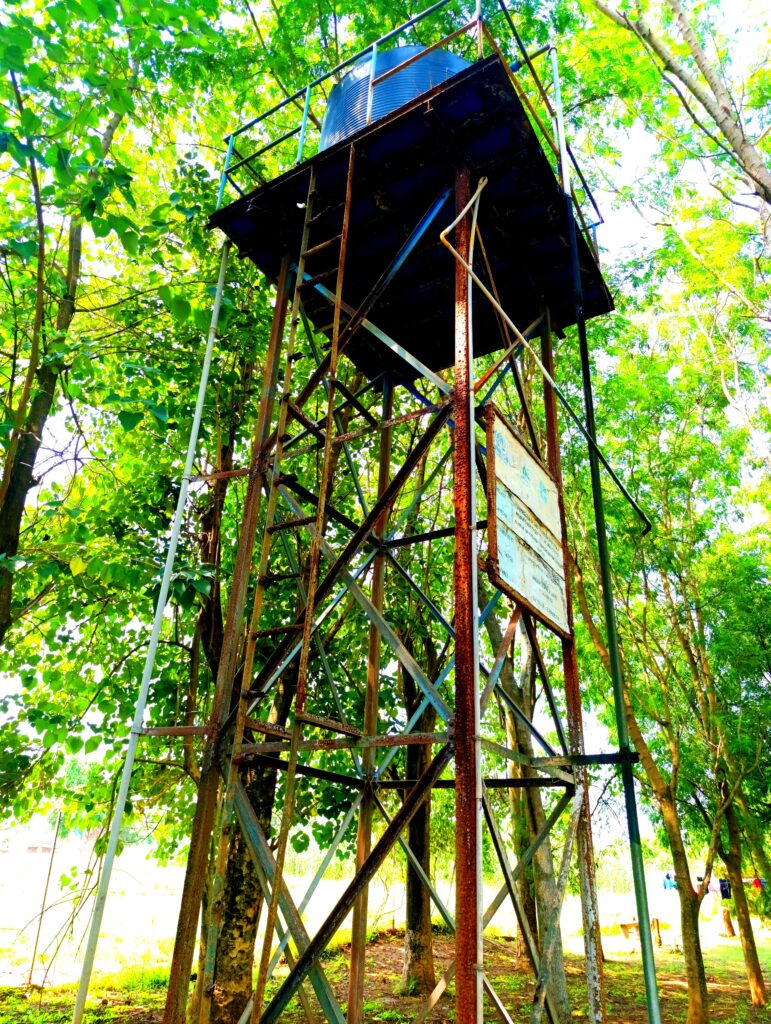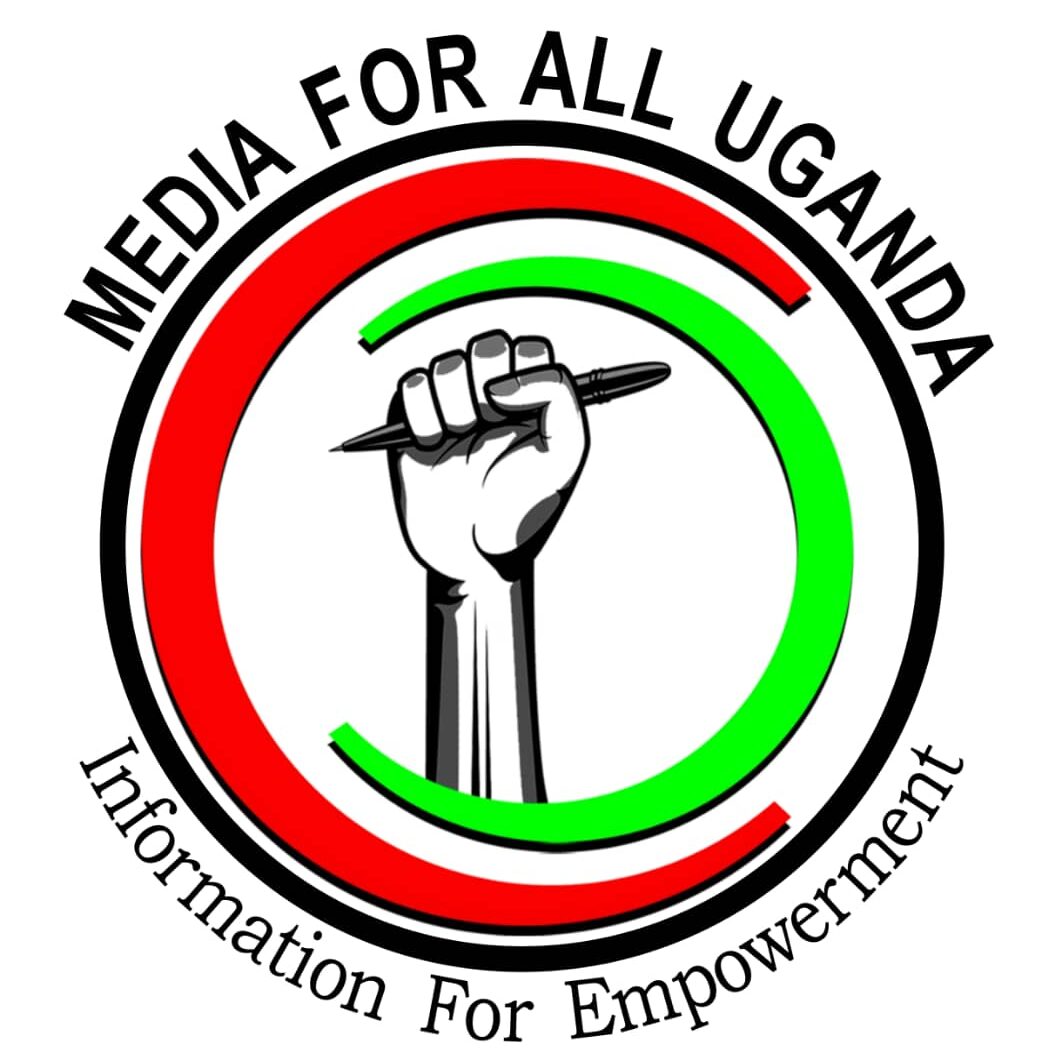WATERAID TRAINS 85 HEALTH WORKERS IN ADJUMANI TO ASSESS AND IMPROVE WASH.
By Bazio Doreen.
About 85 selected health workers in Adjumani District have been trained on a Water, Sanitation and Hygiene (WASH) improvement tool for Health Facilities.
The training was to enhance the knowledge and skills of the health workers to effectively collect, analyze, manage and utilize infection, prevention and control (IPC) data to identify trends and assess the efficacy of interventions to make informed decisions to contribute to enhancing public health and safety through improved WASH.

The training featured 2 health workers from each of the 44 health facilities in Adjumani and took place at Dubai Resort from Monday 28th July 2025 to Friday 8th August 2025. Each weekly cohort had at least 40 health workers – a move that was done so as to minimize Human Resource gaps at the Health Centres during the training period. The health workers included: Facility in charges, nurses, Clinical Officers, Doctors, mid wives, Health Assistants and Health Inspectors.
Participants are now expected to bi-annually assess, identify and evaluate WASH gaps at their facilities and thereafter develop or update their WASH improvement plans until such a time when all the gaps have been fixed.

According to Onen David Livingstone, the SHARE Project Officer – WaterAid, the facilities are supported to categorize their gaps according to risk and resolve them conclusively and sustainably in the long run.
“We want them to have a WASH improvement plan with a clear strategy showing those that pose either high or low risk. Some of the issues can be easily resolved using PHC or RBF dependent on capacity. We support the facilities to track progress and consolidate sustainability of their prevention and control measures,” Onen explained.
Onen also said that this is done to ensure that patients get the highest possible quality of care and an enabling environment for recovering when they visit health facilities. Onen also said that WASH is not only critical in Infection Prevention and Control but also health care in general including Sexual Reproductive Health Rights (SRHR).
“When you go to a health facility and there is no water, as a client, you will run away. We want the right holders like Adolescent to feel comfortable when they visit the medical facility. For example a girl should be able to comfortably change her sanitary towel,” Onen explained.
The WASH improvement tool focuses on seven domains of: water, hand hygiene, management, sanitation, energy, waste management, and environment. Participants in each cohort visited selected 8 health facilities chosen on random, which were used as reference points for making draft WASH improvement plans and group presentations.

In his presentation, Dima Felix, the Health In charge at Ajugopi HC II, also observed that some of his counter parts were just acting negligent as some of the gaps or challenges didn’t need a training or a meeting to resolve.
“At some of our facilities, we have these WASH equipment but we are reluctant to utilize them. Some of the challenges don’t need a lot of money to resolve for example lighting in our WASH facilities, installing mosquito nets, cleaning our toilets and doing peer to peer training,” Dima advised his fellow participants.
In affirmation, Okia Bosco, the Public Health Inspector at the Ministry of Health, who was the lead trainer, urged the participants to constitute a WASH Facility Improvement Team so that the task becomes a shared responsibility.
“It shouldn’t be business as usual. This is serious. We have identified our own challenges and we should commit to resolve them. 80% of the challenges we have identified don’t even require money. You just need to have in place a WASH FIT team that is clear of their roles and responsibilities,” Bosco said.

On his part, Edema Richard Draciri, the Principal Chief Administrative Officer, emphasized disease prevention observing that it is more sustainable than cure/treatment. He explained that the medical supplies and drugs given by the Ministry of Health are inadequate and thus rallied the Health Inspectors and Health Assistants to double their efforts.
“What the Ministry of Health gives us is just a drop in the ocean. People now think that health workers steal drugs because of the frequent drug stock outs and high disease burden. So prevention is more sustainable. We need to reduce the number of people lining up for medicines. It is unfortunate that we have recruited more health assistants but the performance of WASH keeps deteriorating,” Edema observed.
Edema also informed the participants that resources to local governments are now allocated based the annual National Assessment by the Office of the Prime Minister adding that under Health, the WASH component is assessed and facilities to be visited are selected on random.
Meanwhile, Onen, was concerned that most of the motorized water systems constructed with funding from UNICEF are now non-functional. He urged the district leadership to carry out a comprehensive assessment on the challenges and together with partners resolve them as some of them are beyond the capacity of the health facility managers.
The training also had the following recommendations: participants should mentor other staff and sensitize the Health Unit Management Committee on the WASH Facility Improvement Tool; integrate WASH and IPC committee for joint interventions; and task the District Health Team to use the tool in their periodic monitoring and support supervision.
WaterAid is currently implementing the Sexual Health and Reproductive Education (SHARE) project in Uganda, with support from the Government of Canada through Global Affairs Canada. Water, sanitation, and hygiene (WASH) play a critical role in achieving Sexual and Reproductive Health Rights (SRHR) for women and girls, especially as it relates to personal health.
The five-year SHARE project that ends in 2026 seeks to advance gender equality and increase the enjoyment of health-related human rights by vulnerable right-holders, particularly adolescent girls and young women. Through SHARE, WaterAid has been partnering with the district to rehabilitate WASH systems in healthcare facilities including: installing hand washing units to prevent the spread of disease; restructuring sanitation facilities to ensure that toilets are inclusive and gender sensitive; training healthcare workers in healthcare facilities and in the community on WASH infection prevention and control; installing safe waste disposal systems; and training healthcare workers on proper waste management.

END.
